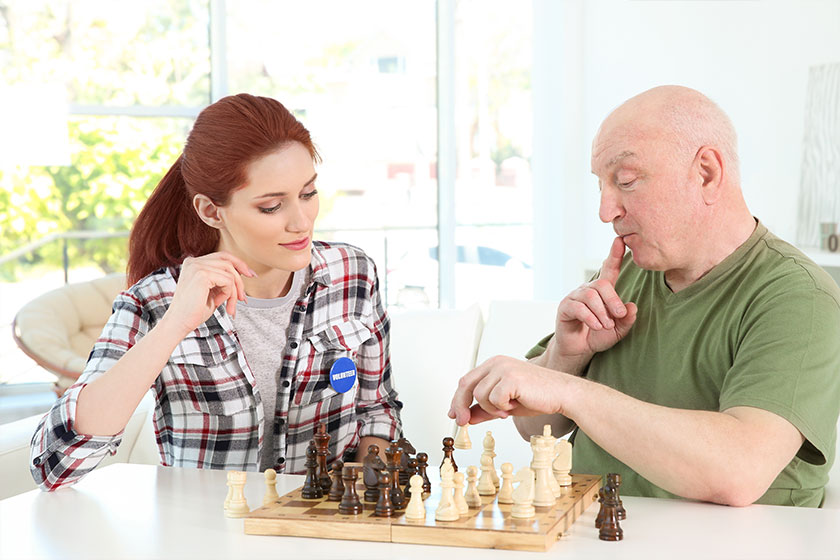Mainstream treatments for Alzheimer’s and its related dementias today do not really help to slow the effects of the disease, and only offer temporal relief for certain symptoms and only for some patients. This usually makes caregivers seek better alternative treatment options. If you are seeking better remedies, you can look into the areas of natural treatments or other forms of therapies. These are effective in the earlier stages of the disease, especially at the onset of the symptoms. They can delay the onset of the disease and its progression. The alternative treatments usually include the areas of one’s diet, environment and lifestyle.
Here’s how Alzheimer’s care in New Orleans, LA uses non-medical approaches to care for their residents.
Nutrition
Age old wisdom tells us that eating the right foods can improve our health. To improve symptoms of dementia, it can be as simple as just changing your diet. You can add supplements such as a vitamin or two to your daily regimen. You can also make amendments to your diet completely by eliminating certain foods like white sugar or adding more foods beneficial for brain health such as green leafy vegetables. Supplements containing DHA, an omega 3 fatty acid, have been found to help in slowing the progression of symptoms. Vitamin E and Vitamin B-12 will be great additions to your supplements list too.
Exercise
Studies have shown that an increase in physical activity in older adults reduces the risk of onset of dementia. This is especially beneficial for vascular dementia, where build-up of plague causes blood flow restriction in the brain, resulting in the death of brain cells. Exercise is a great way to combat the plague build-up. There are many ways to keep fit at home, and memory care communities have specialized exercise programs for their residents to keep them both mentally and physically fit.
Sleep
Sleep also plays a big role in memory retention. Sleep deprivation has been linked to short-term memory loss, and persons with dementia suffer even greater consequences when having insufficient or disturbed sleep. It leads to worsened symptoms. Yet, sleep disturbances are unfortunately a common side effect of dementia that many caregivers struggle to deal with. Cognitive-behavioral therapy (CBT) can help improve insomnia and depression in older adults. Another way to regulate the sleep cycles of our loved ones would be the use of bright-light therapy (BLT), where a person with insomnia views bright lights at specific times of the day to encourage their bodies to acquire a healthy circadian rhythm. Exercise can also improve and regulate sleep.
Social Interaction
Regular social interactions result in higher levels of happiness, which is beneficial for persons with Alzheimer’s and dementia. It keeps their minds active, and engaging in conversations with others or taking part in activities like playing board games help retain cognitive function. It will therefore be helpful if you can bring your loved one to take part in senior activities and events perhaps at your local community center or seniors activity center.







